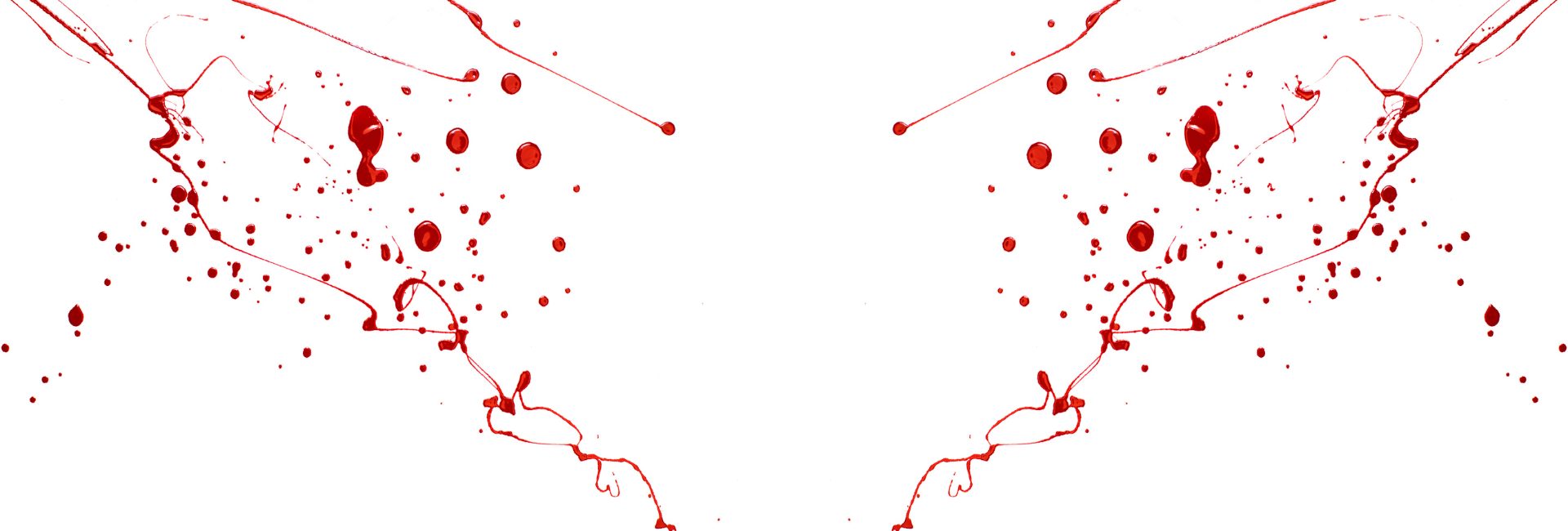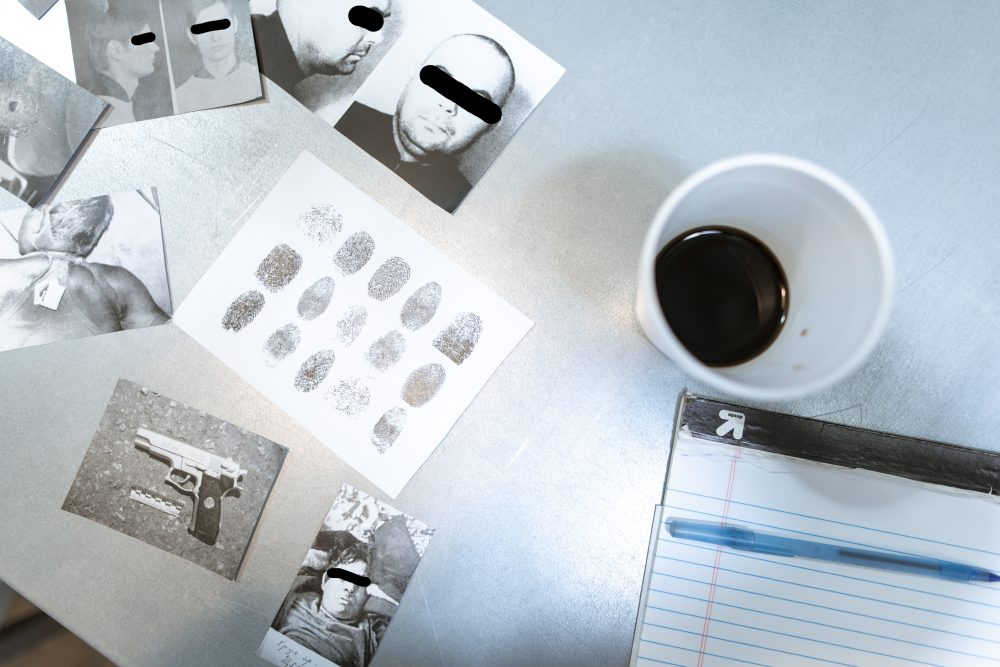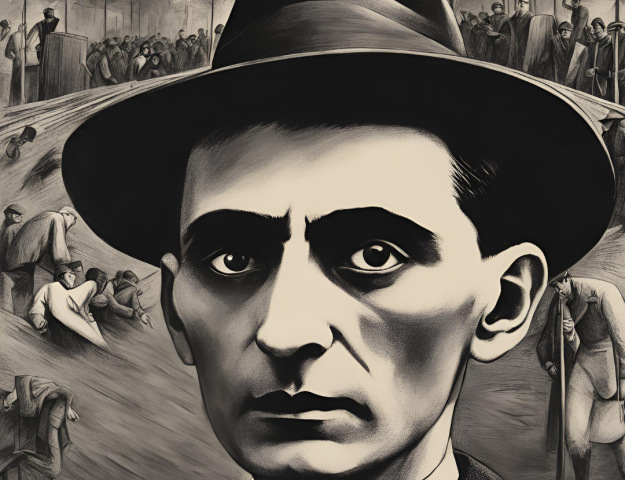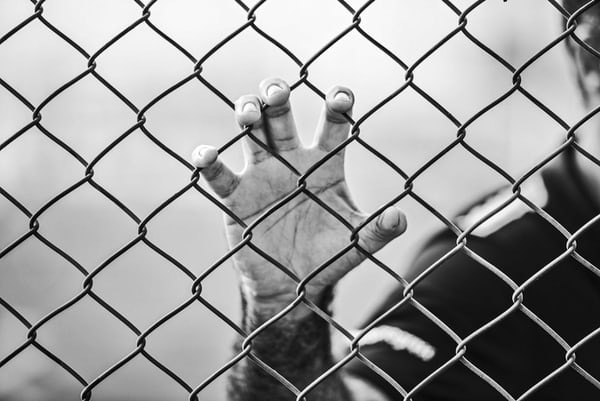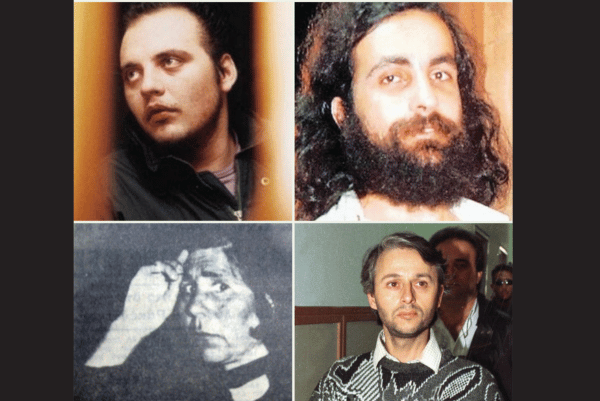What does your Netflix and Spotify list look like? Is the majority of it made up of true crime shows and podcasts?
What about your library? How many true crime and detective novels occupy your bookcase? If the answer is many, you are in the right place.
Ever since I was a child, I wanted to be a detective, and I was one of the fortunate people that managed to get very close to their childhood dream by studying Criminology.
However, when I was about thirteen years old, and in love with everything gory, true crime was very hard to get my hands on in Greece.
The TV or the local blockbuster did not offer shows like dateline, forensic files or even unsolved mysteries, so I hadn’t even heard of them until later on in my life.
There were a couple of Greek shows based on true homicides that had taken place in Greece, and some episodes of “Deadly Women” playing on TV around 2am at night, but that’s about it.
Back then, at least where I grew up, being into crime was considered quite weird, especially for a child. I’m glad that this is not the case in 2021.
True crime shows are always trending on Netflix, a new true crime podcast seems to be popping up every month, and a lot of people are obsessed with serial killers, as well as many unsolved cases, like the case of JonBenét Ramsey (by the way, I think the brother did it).
A common question I hear is, why now? Why is the majority of the population so interested in true crime, and how has it come to be such a big part of our entertainment?
Truth is, humans have been interested in true crime since centuries ago.
Ever since the mid 1500’s, through to the 1700’s, authors used to report on capital crimes, especially when literacy rates started expanding. Pamphlets, unbound books, even ballads detailing horrific murders were printed and circulated around towns for everyone to read. Imagine going to the local bakery tomorrow and instead of a movie advertisement, you see a pamphlet detailing how your neighbour got his brains blown out two streets down.
During the 19th century, we see the emergence of a new trend in terms of crime writing, presented by authors such as Dickens and Thackeray. The trend? Crime as a site of social and aesthetic inquiry. Detective stories start gaining more popularity, with writers such as Victor Hugo and Edgar Allan Poe, followed by the legendary Arthur Conan Doyle, who gave us the ultimate detective, Sherlock Holmes.
True crime might seem to be more popular now, due to technology. Considering how easy the access is to online streaming services, more and more people are bound to stumble upon it and consume media related to crime. But we are not here to talk about the most obvious reason. My question goes much deeper than that. I wanted to know what goes on in the human psyche, what takes place in order for a person to be interested in such tragedies.
One of the biggest perks of being a criminologist, at least for me, is that I get access to a vast number of academic sources and studies on crime. And I plan on utilising them for every single article in this magazine, since I want to be able to offer my readers informed opinions.
Now, you might have heard that the majority of the audience of true crime, (especially the ones interested in serial killers), is made up of women.
One of the studies I looked into recently for my thesis, researched why women are so drawn to stories of rape, murder, and as mentioned above, serial killers.
According to the study, for a large number of women, this fascination stems from a desire to avoid becoming a victim of a deadly crime. In a lot of true crime shows, as well as true crime books, testimonies from real victims are included, as well as defence tactics and escape tricks that helped the victims survive. This means that a person watching or reading about the survival of the victim, thinks that they will do the same if they are ever found in such position.
The second reason behind this fascination is related to the psychological content presented in true crime stories. This means that often, true crime media will present various details and signs which are concerned with determining when and how a possible killer will go beyond their murderous fantasies to actually committing a crime. By knowing the signs, a woman might be able to detect them quite early, and be able to leave a partner or a friend presenting these signs, or even decide to not engage with a “friendly” stranger, before they turn violent.
Being a woman, I understand the reasoning. However, I do not relate to it, because my reasons are completely different from the ones reported by the women in the study. The reason I consume true crime media, is that I want to know the reason why these individuals chose to go down that path, what led them there, how they did it, as well as how they felt before, during and after the crime. For me, the reasoning for my passion lies within the human nature itself, and this is why the next theory is what I personally use, to explain the current true crime trend.
People heavily interested in psychology might be familiar with Jung’s concept of “the shadow”, but I will explain it for those who are not.
Carl Jung, a Swiss psychiatrist & psychoanalyst has influenced not only psychiatry and psychology, but also anthropology, literature and philosophy.
You might have referred to someone’s “dark side” when discussing true crime, and this “dark side” is exactly what “the shadow” represents, according to Jung.
The psychological concept of “the shadow”, is a part of our unconscious minds, and is composed of desires, instincts, repressed ideas and weaknesses. Our mental health is heavily depended on that “shadow”, the part of ourselves that harbors our most dark energies, including melancholia and…murderousness.
The more we repress the morbid, the more it is likely to foment certain neuroses or psychoses.
In order to achieve wholeness as people, we need to acknowledge our most “demonic” inclinations, our primitive impulses and emotions. Whatever we deem evil, inferior or unacceptable and therefore deny in ourselves (in this case, criminal behaviour), becomes part of our shadow.
Our interest and fascination with true crime, is then perhaps closely tied to our “shadow”. By consuming true crime media and exposing ourselves to some of the most macabre information we can possibly come across, we confront the morbid, and keep it under control, rather than repressing it.
Of course like everything, it can lead to extremes. To stare at the morbid, the macabre, one can be led to the point of mere insensitivity, gawking for a cheap thrill; or it can result in stunned trauma, to muteness before the horror in front of us.
However, in between those extremes, that morbid curiosity we all possess, can sometimes inspire us to imagine and come up with ways to transform life’s necessary darkness into a luminous vision.
If you are to keep anything from Jung’s theory, is that there is nothing wrong with our fascination with the macabre. If acknowledged and dealt with consciously, it can even help us better our perspective on life.
Lastly, a very interesting point that was raised by a dear family friend of mine, is that we might be so fascinated by these individuals, because they have not only reached, but also fulfilled the “last stage” of rebellion against social norms, without caring about repercussions, something that an average citizen will never be able to achieve.
To close this article, as English poet John Keats believed, ” the real rose, because it is dying, exudes more beauty than the porcelain”.
